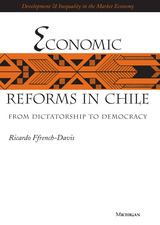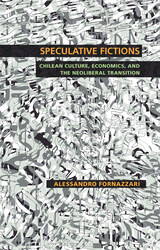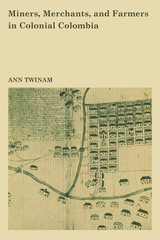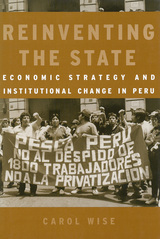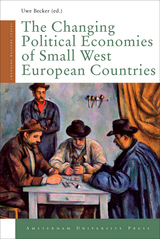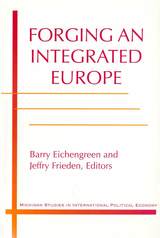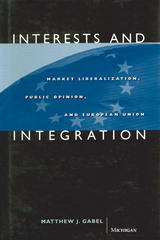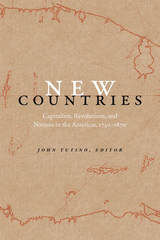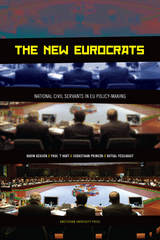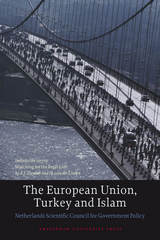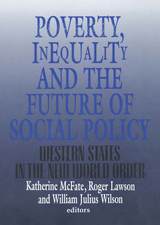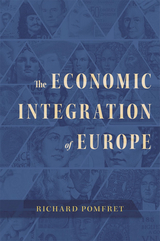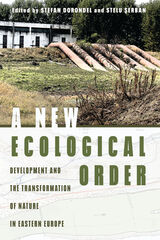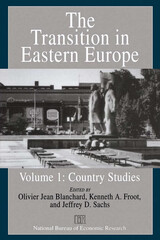Cloth: 978-0-674-23025-5
Library of Congress Classification HC240.K453
Dewey Decimal Classification 330.94
Charles Kindleberger, an international economic specialist, seeks in this book to show how economic history and economic analysis can interact, giving particular attention to the question of how history can be used in a comparative setting to test economic models for generality. His history and examples span the seventeenth to the twentieth century. The important and unexpected result is to show how the applicable economic model in given instances is strongly conditioned by social, socio-psychological, and political settings in which a given stimulus elicits a particular response. As a by-product, Kindleberger throws light on the political economy of Western European states, especially in international economic dimensions, but also in technological change, scientific education, and economic growth.
In these spirited and lucid essays, Kindleberger discusses related and abiding economic questions: whether the creation of a world financial center is inevitable; what the possible bases for free trade are; how insights can be gained into present day multinational corporations; and how information networks can maximize benefits in trade, and can affect the quality of output, costs, and economies of scale.
Part of the author's interest is methodological. He believes that the comparative method—studying the same rather restricted problem in comparable economies in a fixed regional and temporal setting—yields richer insights than those available from the history of the single economy. While his own studies are limited to merchants, tariffs, free trade, capital markets, and ports, a methodological introductory chapter discusses a wider range of applications.
See other books on: Commerce | Comparative Studies | Finance | Growth | Trade
See other titles from Harvard University Press


